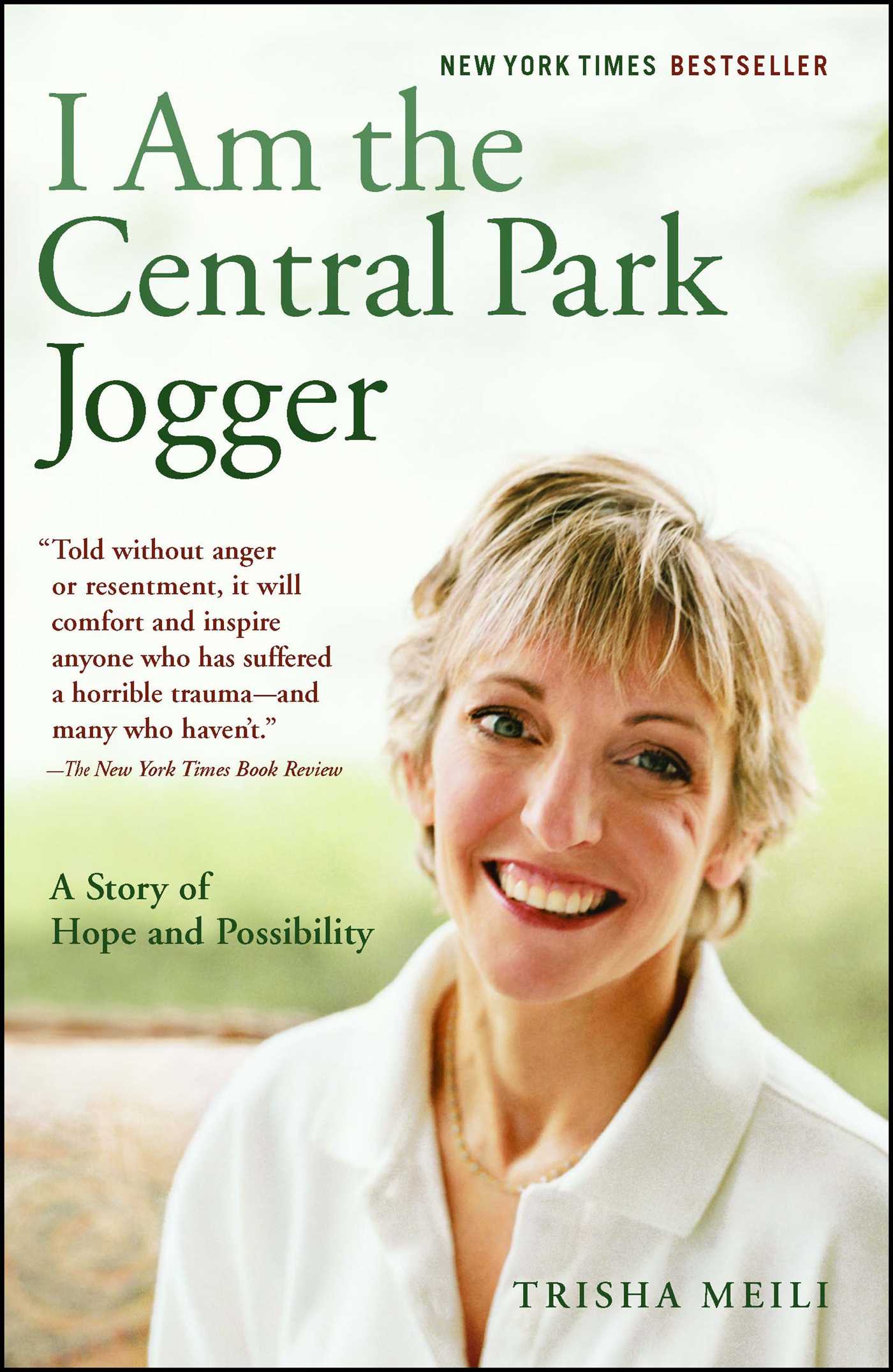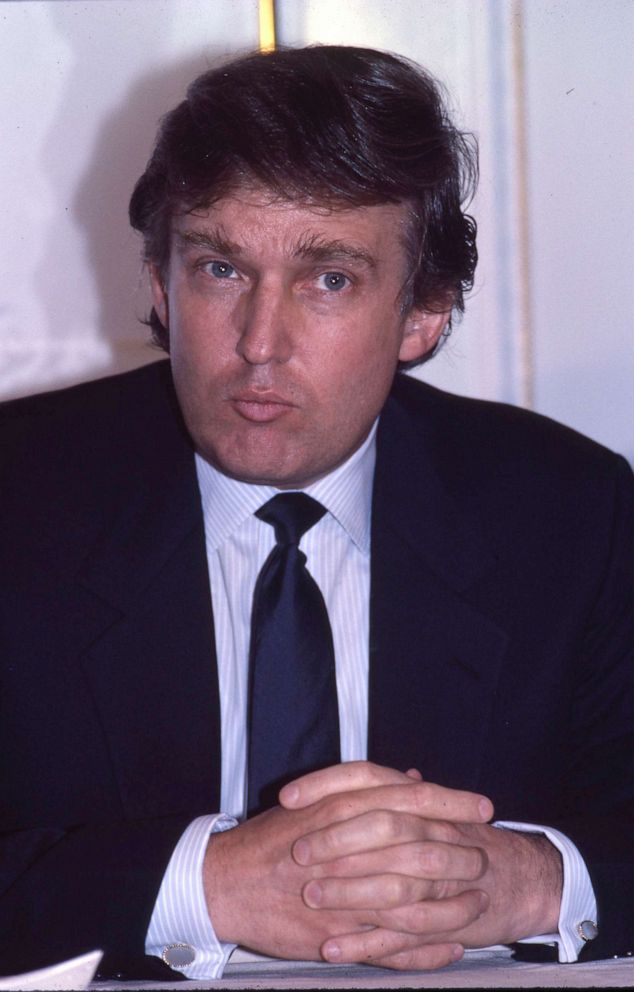How does one transform a harrowing experience into an emblem of hope and resilience? Trisha Meili, known to the world as the Central Park Jogger, embodies this transformation. Her journey from victimhood to triumph is nothing short of extraordinary. This narrative delves into her story and how it has become a beacon for countless others who face adversity.
On April 19, 1989, in New York City's Central Park, Trisha Meili encountered a life-altering event that would thrust her into international headlines. Discovered unconscious with severe injuries, she became the central figure in a case that captivated the nation. Despite enduring unimaginable trauma, her recovery and subsequent advocacy work have redefined perceptions of strength and perseverance. Through her memoirs and public appearances, Meili shares her experiences openly, offering solace and inspiration to those navigating their own struggles.
| Name | Trisha Meili |
|---|---|
| Date of Birth | March 24, 1956 |
| Place of Birth | Boston, Massachusetts |
| Profession | Former investment banker, author, motivational speaker |
| Notable Work | I Am the Central Park Jogger: A Story of Hope and Possibility |
| Awards | Honorary Doctorate from Emmanuel College (2003) |
The media frenzy surrounding the Central Park Jogger case was unprecedented. The incident not only highlighted issues of crime but also exposed systemic flaws within the justice system. Hancock (2003) examined the pivotal role of media coverage in shaping public perception during such high-profile cases. As the spotlight intensified, discussions shifted from the crime itself to broader themes of innocence and accountability. This scrutiny ultimately led to significant reforms aimed at preventing wrongful convictions.
In 1989, five teenagers—Antron McCray, Kevin Richardson, Yusef Salaam, Raymond Santana, and Korey Wise—were wrongfully convicted of raping and assaulting Trisha Meili. Known collectively as the Central Park Five, these young men spent years behind bars before their convictions were overturned in 2002 due to DNA evidence pointing to another individual, Matias Reyes. Their ordeal underscored the devastating consequences of coerced confessions and racial bias within law enforcement. Ken Burns' documentary, The Central Park Five, provides an in-depth exploration of their harrowing journey and eventual vindication.
Netflix's critically acclaimed mini-series When They See Us, directed by Ava DuVernay, brings this poignant tale to life through compelling storytelling. Each episode meticulously portrays the emotional turmoil faced by the accused boys and their families while shedding light on institutional failings. By humanizing the victims and exposing societal injustices, the series fosters empathy among viewers and encourages dialogue about necessary changes within the criminal justice system.
As depicted in both factual accounts and dramatizations, the Central Park Jogger case serves as a powerful reminder of the importance of truth and justice. It challenges us to confront uncomfortable realities and strive towards creating equitable systems where all individuals receive fair treatment regardless of race or socioeconomic status. Furthermore, it highlights the indomitable spirit of survivors like Trisha Meili who choose to rise above tragedy and inspire others through acts of courage and compassion.
Oprah Winfrey played a crucial role in amplifying Meili's message when she interviewed her for O, The Oprah Magazine in April 2002. During this candid conversation, Meili discussed her ability to forgive those responsible for her attack despite lingering resentment. Such vulnerability resonates deeply with audiences worldwide, reinforcing the notion that healing is possible even after experiencing profound loss.
Ultimately, the legacy of the Central Park Jogger transcends personal triumph; it represents collective progress toward understanding complex social dynamics. By examining past mistakes and learning from them, society moves closer to achieving true equality and fairness for every person affected by similar circumstances. As we continue reflecting upon these events decades later, let us honor those involved by committing ourselves to fostering environments where justice prevails over prejudice and fear gives way to hope.



